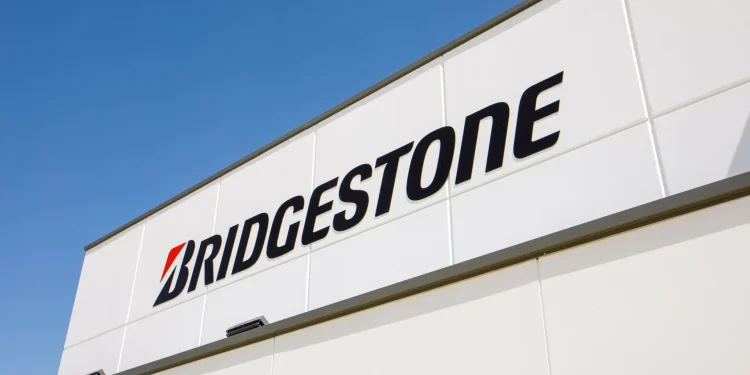Jakarta, Indonesia Sentinel — Japanese tire giant Bridgestone Corp. plans to shut down its manufacturing plant in Lanklaar, Belgium, by mid-2025 due to financial pressures. The move is part of the company’s broader restructuring efforts in Europe, where declining profitability has become a significant challenge.
The plant, operated by Bridgestone’s subsidiary Bandag Europe NV, employs 111 workers, all of whom have been informed about the impending closure. Bridgestone has pledged to support its employees through the transition, though the news has sparked concern among the workforce and local community.
Rising Costs and Stiff Competition
The decision to close the plant is attributed to a combination of factors, including soaring production costs and decreased demand for bus and truck tires in Europe. Belgian media outlet VRT NWS reports that the facility has faced significant headwinds due to high energy prices and inflation.
Additionally, increased competition from cheaper imports originating in East Asia has severely impacted the European tire market. Bridgestone disclosed that demand for its products has dropped by over a third, leading to substantial overcapacity in its production facilities.
In a statement, the company said:
“Excess production capacity and escalating costs have rendered our operations uncompetitive, prompting the need for decisive action.”
Challenges in Europe
Europe has become a challenging market for manufacturers, with rising costs and geopolitical tensions exacerbating existing economic woes. For Bridgestone, these conditions have forced the company to streamline operations and reallocate resources to remain competitive.
The plant closure is expected to help Bridgestone reduce overhead and optimize its European production footprint. However, the decision underscores the difficulties faced by industries grappling with fluctuating demand and intensifying global competition.
Impact on Employees and Local Economy
The closure will have a profound impact on the plant’s 111 employees and the surrounding community. While Bridgestone has pledged to assist workers during the transition, job losses will undoubtedly strain the local economy.
Economic experts suggest that the plant’s shutdown may ripple through related industries, including logistics and supply chain operations. Local officials have expressed concerns about the broader implications of Bridgestone’s decision, emphasizing the need for support measures to mitigate the impact.
Global Economic Trends in Manufacturing
Bridgestone’s announcement is part of a larger trend of corporate restructuring across industries worldwide. Rising energy costs, supply chain disruptions, and global inflation are pushing companies to reassess their operations.
In Europe, manufacturing has faced additional challenges due to strict environmental regulations and a competitive global market. The combination of these factors has made it difficult for companies like Bridgestone to maintain profitability.
Read Also:
Global Skepticism Rises Over Indonesia Nickel-Driven EV Ambitions
Future Outlook
As Bridgestone moves forward with its restructuring plans, the company aims to adapt to changing market conditions while continuing to serve its customers. However, the closure of the Lanklaar plant highlights the complex dynamics of global manufacturing, where cost efficiency often comes at a human cost.
For Bridgestone, this decision represents a strategic step toward long-term stability, but it also serves as a stark reminder of the challenges industries face in a rapidly evolving economic landscape.
(Becky)


























